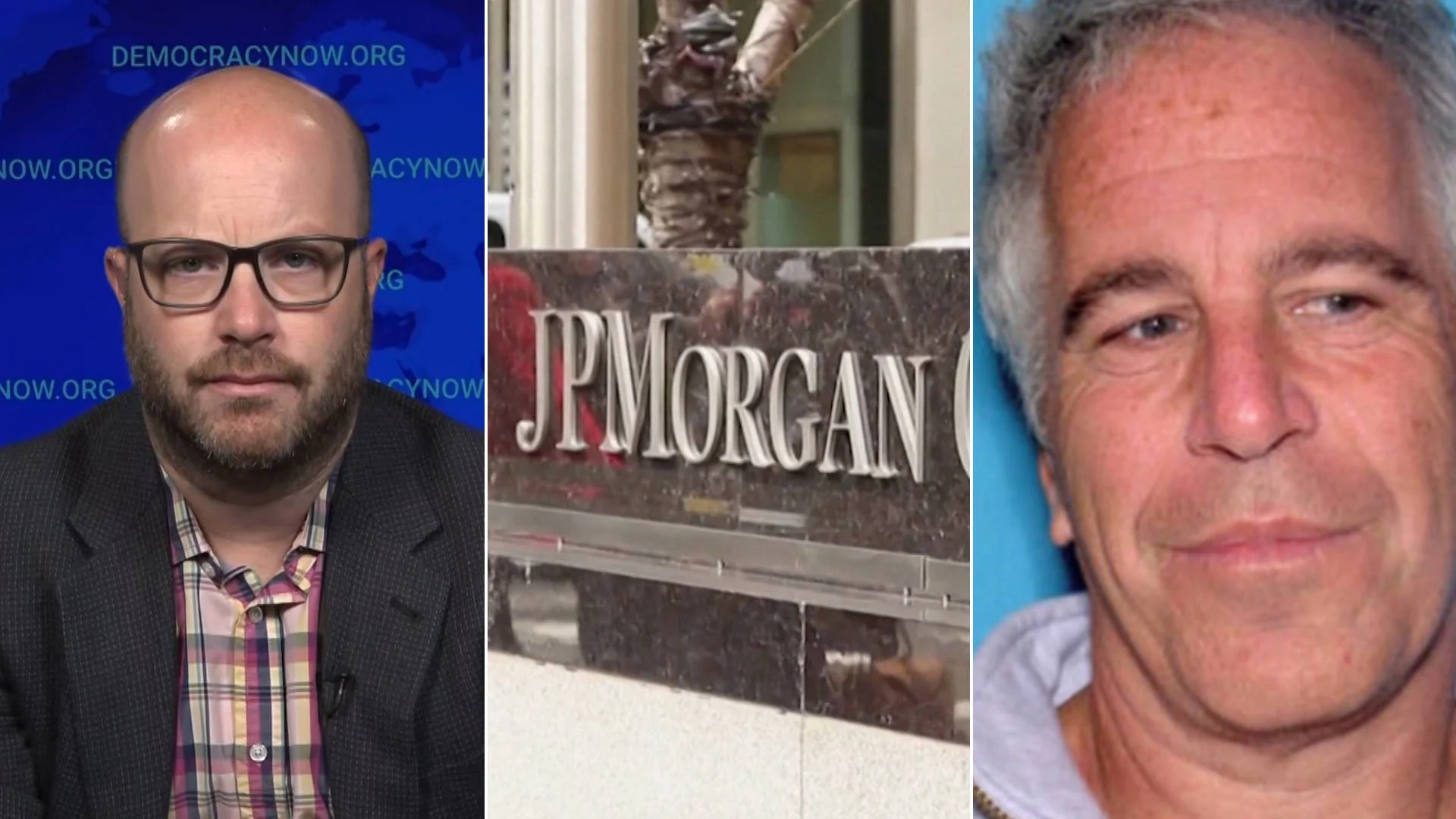By Nadav Eyal
Copyright ynetnews

Senior officials in the Gulf warned Thursday that “all options will be on the table,” including “the most severe ones,” if Israel moves ahead with annexation in any part of the West Bank. The comments contradict a Reuters report earlier in the day, which cited sources briefed on the United Arab Emirates’ position. According to the report, Abu Dhabi might downgrade relations with Israel but would not cut ties completely in response to annexation. Gulf officials told Ynet that the account does not accurately reflect the UAE’s stance or that of other Gulf states, stressing their position has always been that all options are possible, including severing relations. The UAE is one of several Arab countries that established relations with Israel under the Abraham Accords, brokered by President Donald Trump in 2020 during his first term. Earlier this month, Abu Dhabi publicly warned Israel and the international community that any annexation of the West Bank would be a “red line” and would severely damage the spirit of normalization agreements. In recent months, and especially under the current government, Israeli settlers and far-right ministers have renewed calls for annexation. An Israeli source told Reuters the government in Jerusalem believes it can nevertheless mend ties with Abu Dhabi, which is Israel’s key trade partner among the countries that normalized relations, along with Bahrain and Morocco. Reuters also reported that the UAE does not intend to cut ties completely, even if Israel annexes parts of the West Bank. However, Emirati officials suggested such a move would lead to a downgrade in relations and possibly the recall of their ambassador. Dermer: Annexation can be managed diplomatically Meanwhile, Strategic Affairs Minister Ron Dermer — a close confidant of Prime Minister Benjamin Netanyahu and the official overseeing ties with the U.S. and Gulf states — has told associates he believes he can “manage diplomatically” the application of Israeli sovereignty in the Jordan Valley despite Emirati threats. According to three political and diplomatic sources familiar with his position, Dermer views the move as a countermeasure to expected recognition of a Palestinian state by several countries, led by France and Britain, at the United Nations General Assembly next week. The sources said Dermer also believes annexation could pass with “relative quiet” from U.S. Democrats, arguing the issue should be framed in bipartisan terms. They noted that opposition parties such as Yisrael Beiteinu, Blue and White and parts of Yesh Atid supported a bill last winter to apply sovereignty in the Jordan Valley, though the coalition voted it down. Dermer’s office did not deny the reports, saying only, “No comment.” The question of annexation as an Israeli response to international recognition of a Palestinian state also came up in Netanyahu’s meeting this week with U.S. Secretary of State Marco Rubio during his trip to Israel. Israeli sources said Rubio conveyed that Washington has warned European states against unilateral steps, stressing they would prompt unilateral countermeasures by Israel.



